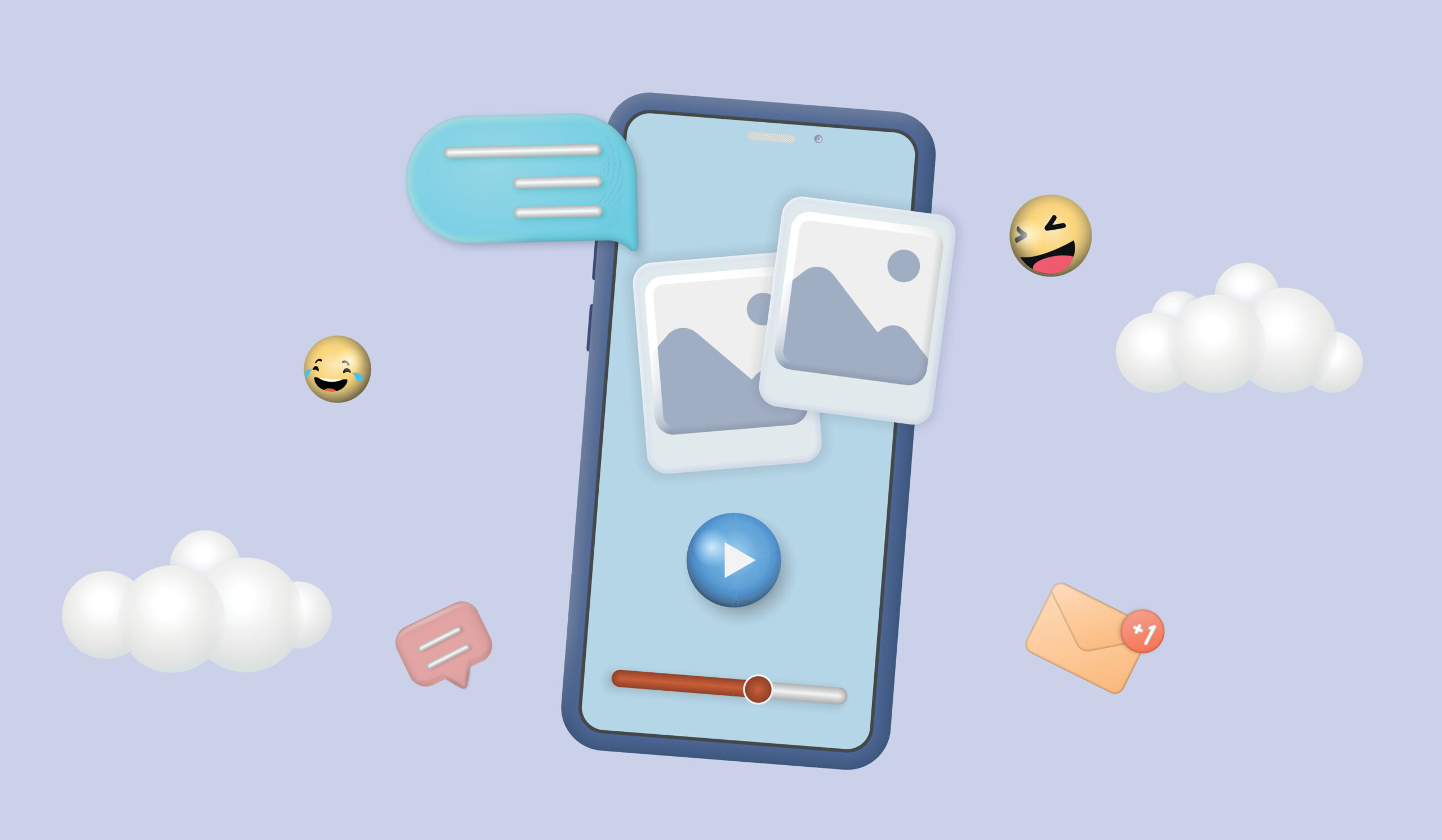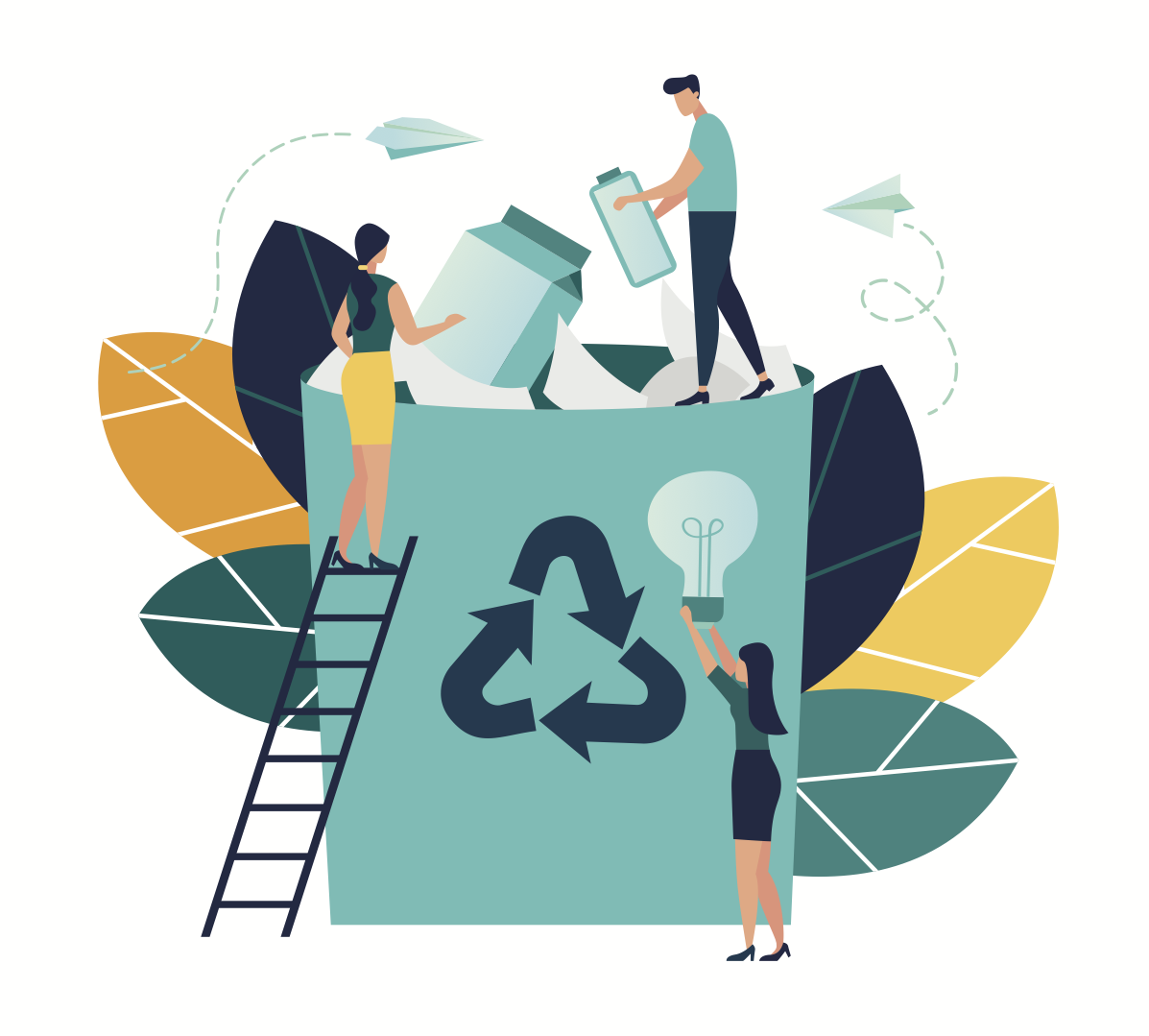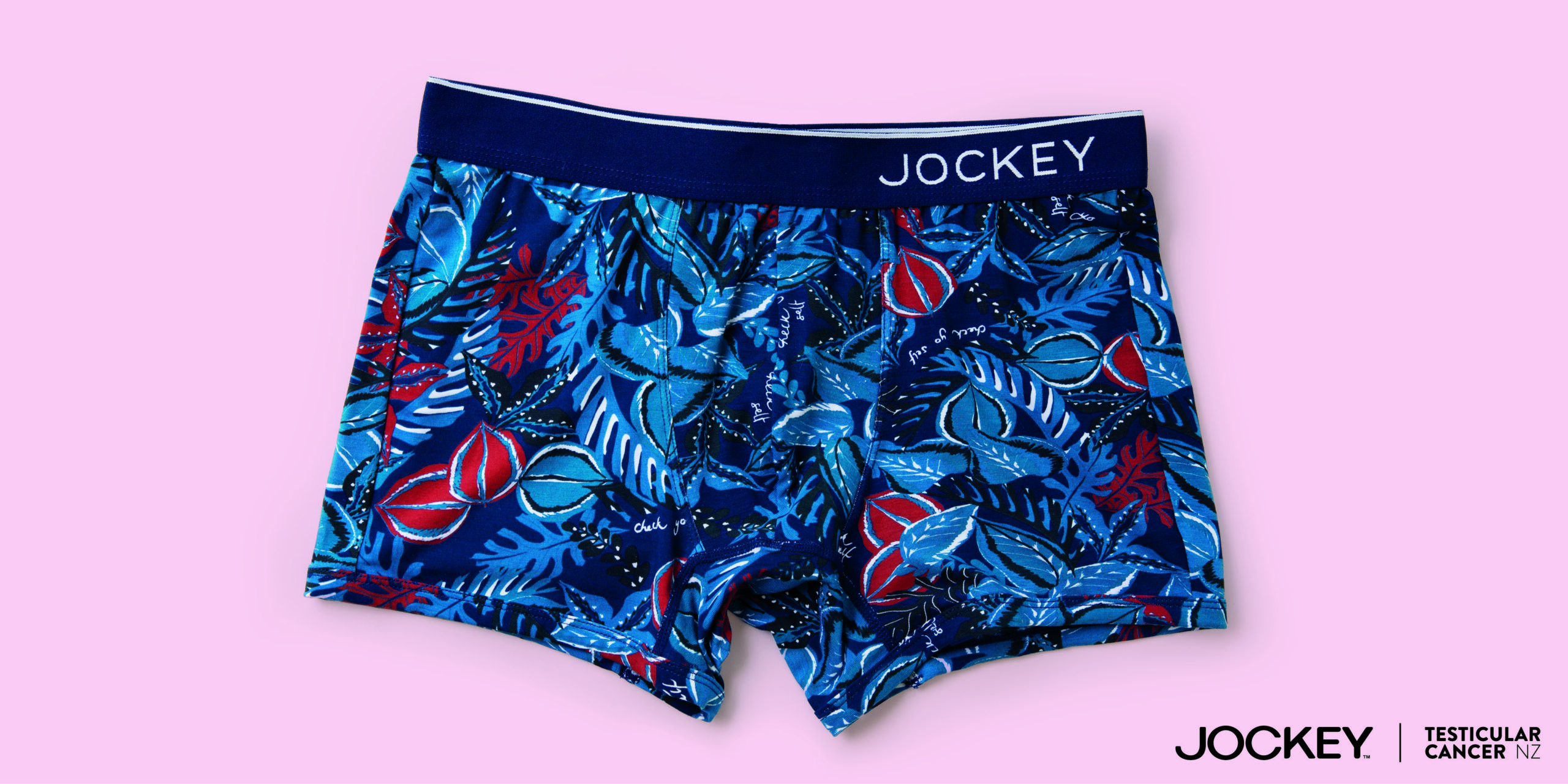The internet is a glorious, seemingly never-ending buffet of interestingness. But as with a smorgasbord, the trick is in finding the delicious and the different and resisting filling your plate with deep-fried fillers. Rebekah White ponders the challenge.
How do we wade through today’s vast sea of pointless data to find the information that’s valuable to us? Here are seven common pitfalls we’d all do well to avoid.
Deal to ping addiction
The postman no longer comes once a day in the virtual world. Websites and computer programs are designed to alert us as soon as something new has arrived. Messages ping, email alerts pop up, little red numbers appear whenever a friend mentions you on Facebook – and there’s always something new if you refresh the page.
Our brains love it. For each new tidbit of information we find, whether crucial or useless, the brain releases a shot of dopamine – that’s the pleasure chemical that you get when you tuck into a delicious meal or snort cocaine. It makes getting things done about as easy as sticking to your raw-vegetable diet while spending the evening at an all-you-can-eat restaurant.
Switch off notifications for email and social media when you’re trying to concentrate on a task, so your brain isn’t primed for a dopamine dose every five minutes. Download a program such as RescueTime or Pomodoro, which help you focus for set periods.
When you’re young, you look at television and think, there’s a conspiracy. The networks have considered to dumb us down. But when you get a little older, you realise that’s not true. The networks are in business to give people exactly what they want. That’s a far more depressing thought. -Steve Jobs
Don’t tell me what I already know
We naturally seek out information that confirms, rather than challenges, our existing beliefs, says Johnson. The internet makes it easy to occupy a ‘bubble’, where your opinions are reflected back at you – through news sites, blogs and forums that are slanted towards your own views. “Media companies learned that affirmation sells a lot better than information,” writes Johnson. “Who wants to hear the truth when they can hear that they’re right?”
Sites such as Google and Facebook are programmed to personalise what you see depending on your internet-browsing habits. By tracking your clicks, they learn what your preferences are and adapt their content accordingly to display items you’re more likely to click on.
When everything you’re reading confirms your existing opinions, you risk only getting half the story. Check out what the other camp has to say on hotly debated issues – you’ll find out who’s using selective information to build a case, and you’ll avoid being misinformed or becoming overly prejudiced. Who knows, you may even change your mind!
Stressful stories
“The more you know, the better,” proclaims The New Zealand Herald’s tagline. But a recent Canadian study begs to differ. University of Montreal researchers measured levels of the stress hormone cortisol before and after participants watched TV news stories. Women who saw negative news had higher cortisol levels a whole day later – plus better memory of the bad news than those who’d seen neutral stories, such as movie reviews. Meanwhile, bad news didn’t have any effect on men’s stress levels.
Wonderful things happen when your brain is empty – Maira Kalman, illustrator
What are you better off knowing more about? Identify what kind of information genuinely keeps you informed or gives you enjoyment. Maybe you thrive on world news, recent book reviews or home DIY blogs. Personalise your own ‘news feed’ by adding favourite websites to a service such as Google Reader.
Is it news?
‘Hospital removes eel from man’s bum’ was the fifth most-popular story of 2012 on The New Zealand Herald’s website. If you despair at lingering depictions of grieving families, ruthless criticism of celebrities in bikinis, or news that simply isn’t news, resolve not to click on those stories. Sharing the outrage with friends might make you feel better, but the only reason these articles exist is because hundreds of thousands of people read them. Clicks on stories are essentially votes for more of the same, says Johnson. “Whenever you’re consuming information, you’re actually affecting the information diet of someone else.”
Don’t vote for the internet equivalent of potato chips. Your browsing habits are a form of activism – use them to support things you love or find life-enhancing.
Scatterbrained?
The Internet’s biggest victim is our attention span, says Pulitzer Prize-nominated technology writer Nicholas Carr in his book The Shallows: What the Internet is Doing to Our Brains. According to Carr, the habit of hopping from page to page means we’re losing our slower, more contemplative mode of thought. And the tendency is to carry these habits into our lives beyond the computer.
Carr found his ability to become immersed in a book, spending hours “strolling through long stretches of prose” was dramatically undermined by his use of the internet to research and relax. “Now my concentration often starts to drift after two or three pages. I get fidgety, lose the thread, begin looking for something else to do.” Like a compulsive channel surfer, we want to flip between tabs in real life, too.
Take a technology sabbath. In her book Brain Power, filmmaker Tiffany Shlain says her family turns off all electronic devices – TV, cellphones, computers – one day a week. “During our technology Shabbats, time slows down,” she writes. “And what is the one day you want to feel extra long? Saturday. So now our Saturdays feel like four days of slow living that we savour like fine wine… It resets my soul each week.”
Inbox anxiety
We know that email disrupts us mentally, but what is less well known is that it also affects us physically. After being instructed by a doctor to take up breathing exercises, writer and former Apple executive Linda Stone realised she held her breath whenever she read email. By conducting a six-month study of her own, she found that around 80 percent of her 200 subjects did exactly the same thing. Breath-holding and shallow breathing also activate the sympathetic nervous system – that’s our ‘fight or flight’ stress response. Research from the US National Institute of Health shows that holding your breath disrupts your body’s balance of oxygen, carbon dioxide and nitric oxide, which in turn affects your immune system, learning, memory and sleep.
Clay Johnson took things a step further by donning a chest monitor when he sat down to work for the day. Although email didn’t affect his heart rate, he found that it increased by 15 percent every time his phone pinged with a text message from a friend. Talk about highly strung.
Take the advice of countless productivity experts and high-powered executives who recommend dealing with email in set times each day. If you’ve got a smartphone, stop using it as an alarm clock – that’s if you immediately start skimming email or the news after switching off the alarm. There are better ways to wake up to the new day.
Necessary evil
It’s the second-most popular website in New Zealand, after Google – 80 percent of Kiwis with internet connections have a profile – but in reality, we hate Facebook. In a study on happiness, University of Canterbury psychology researcher CarstenGrimm found Facebook ranked second-to-last for happiness out of 30 activities – just above being sick. Activities judged as happier included commuting, studying and housework. Meanwhile, an Australian survey by market research firm Ipsos found almost half of those aged 18 to 29 didn’t like Facebook and considered quitting – but ultimately kept their profiles. Perhaps this had something to do with the fact that 61 percent felt they spent too much time on it.
The study’s author concluded that the need to keep connections with old friends – especially those overseas – and be searchable by new friends typically outweighed the users’ frustration and desire to quit.
Sick of tumbling down the rabbit hole of friends’ holiday pictures or what so-and-so is up to? Change your profile settings so Facebook emails you with things that directly involve you, such as friend requests, event invitations and messages. Sure, it’s more email, but it means you won’t have to spend as much time on the site.
Go through your Facebook friends occasionally and do a cull – or less drastically, change the settings to screen out any chronic oversharers.





